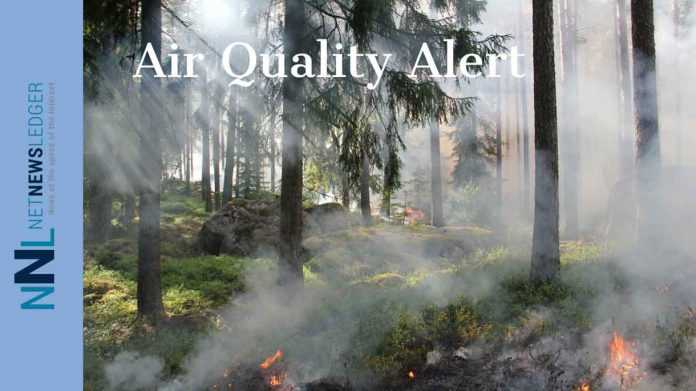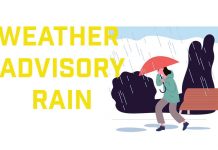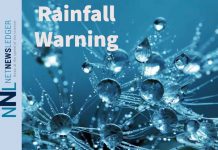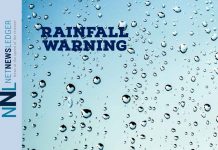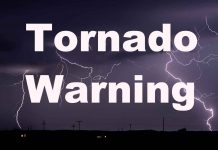High Levels of Air Pollution and Health Risks
DRYDEN – Weather Alert – Air Quality Alerts have been issued for Dryden, Vermilion Bay, Ignace, Armstrong / Whitesand, Pickle Lake, Cat Lake, Summer Beaver, Sandy Lake, Deer Lake, Wunnumin Lake, Kingfisher Lake, Sioux Lookout and Savant Lake.
Smoke plumes originating from forest fires in Northwestern Ontario have led to the development of high levels of air pollution, significantly impacting air quality. The resulting smoke is causing poor air quality and reduced visibility in several areas. This degraded air quality is expected to persist today and into Thursday, affecting the region.
Health Risks Associated with Wildfire Smoke
Wildfire smoke poses health risks to individuals, even at low concentrations. It is crucial for everyone to take appropriate measures to minimize their exposure to the harmful effects of wildfire smoke.
Vulnerable Populations at Higher Risk
People with pre-existing lung or heart diseases, older adults, children, pregnant individuals, and those who work outdoors face an increased risk of experiencing health issues caused by wildfire smoke. It is recommended to consult with a healthcare provider to develop a management plan for dealing with wildfire smoke events. Additionally, ensure an adequate supply of necessary medications at home and carry them at all times during the wildfire season.
Responding to Symptoms and Seeking Assistance
If breathing becomes uncomfortable or if you or someone under your care feels unwell, it is advisable to reduce or stop physical activity. Seek advice from a healthcare provider or local health authority if severe symptoms develop or if guidance is needed.
Monitoring Air Quality and Symptoms
Regularly check the Air Quality Health Index (AQHI) and monitor your symptoms closely. It is essential to remember that individuals react differently to smoke exposure. Mild irritation and discomfort are common but typically subside once the smoke clears. Staying hydrated by drinking ample water can help the body cope with the effects of smoke.
Indoor Precautions
For individuals with HVAC systems at home, employ the highest-rated MERV filter suitable for your system, ideally with a rating of 13 or higher. Set the fan to recirculate air constantly. Consider using a portable High Efficiency Particulate Air (HEPA) air cleaner as an additional precaution. Keep doors and windows closed if the indoor temperature is comfortable.
Seeking Clean Air and Protective Measures
Take breaks from the smoke by finding locations in your community where clean, cool air is accessible. If spending time outdoors becomes necessary, use a well-fitted respirator-type mask, such as a NIOSH certified N95 or equivalent respirator, to minimize exposure to fine particles in the smoke. However, be aware that respirators do not provide protection against the gases present in wildfire smoke. Listen to your body and reduce or cease activities if any symptoms arise.
Support for Vulnerable Individuals
Remember to check on individuals who may be more susceptible to the effects of smoke and provide them with necessary assistance and support.
Reducing Indoor Air Pollution
Minimize sources of indoor air pollution by refraining from smoking or vaping indoors, burning incense and candles, frying foods, using wood stoves, and vacuuming. During periods of increased pollution, wipe and wet mop indoor surfaces to remove dust particles.
Mental Health Support
If you experience feelings of stress, anxiety, or depression due to the situation, contact your mental health care provider for advice. Alternatively, visit Wellness Together Canada for additional resources and support.
Additional Information and Resources
For comprehensive guidance on reducing health risks and personal contributions to pollution levels, as well as up-to-date information on current and forecast AQHI values, visit [www.airhealth.ca](

